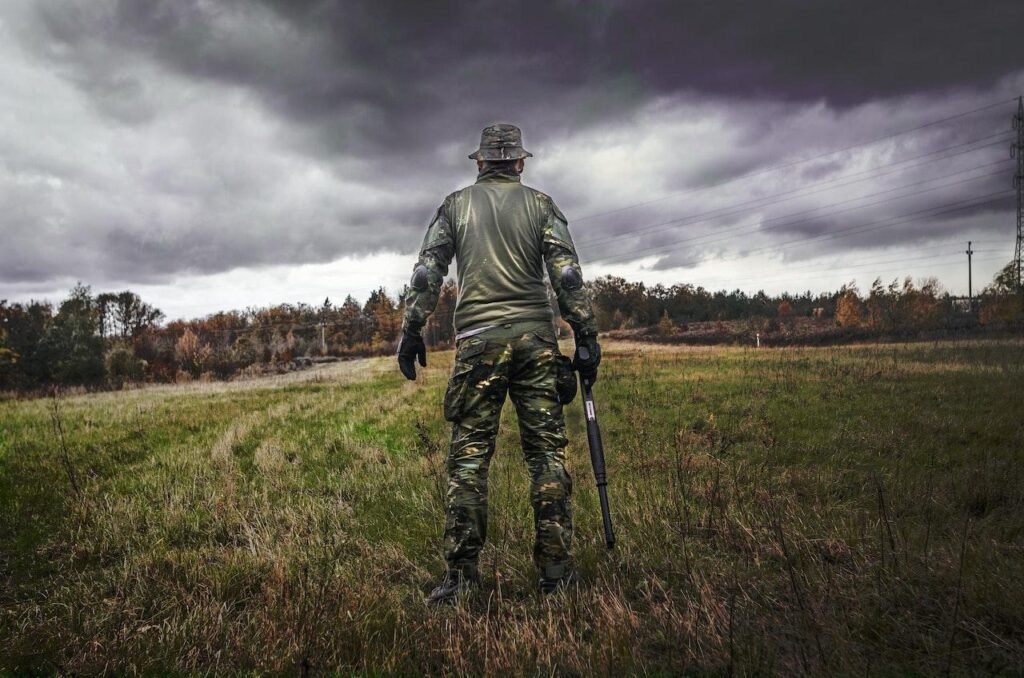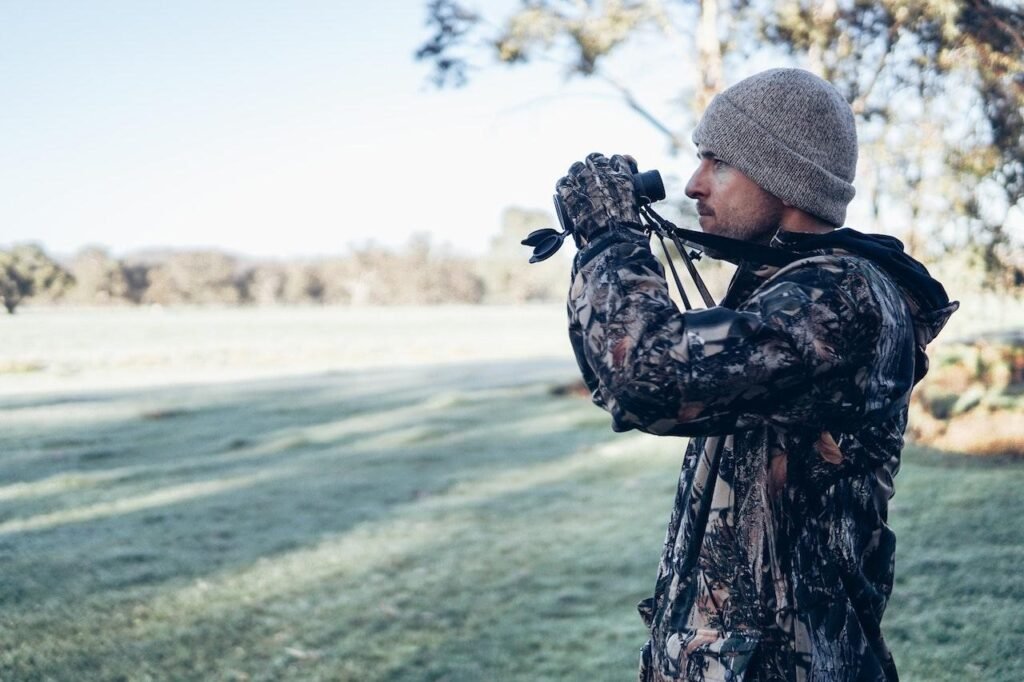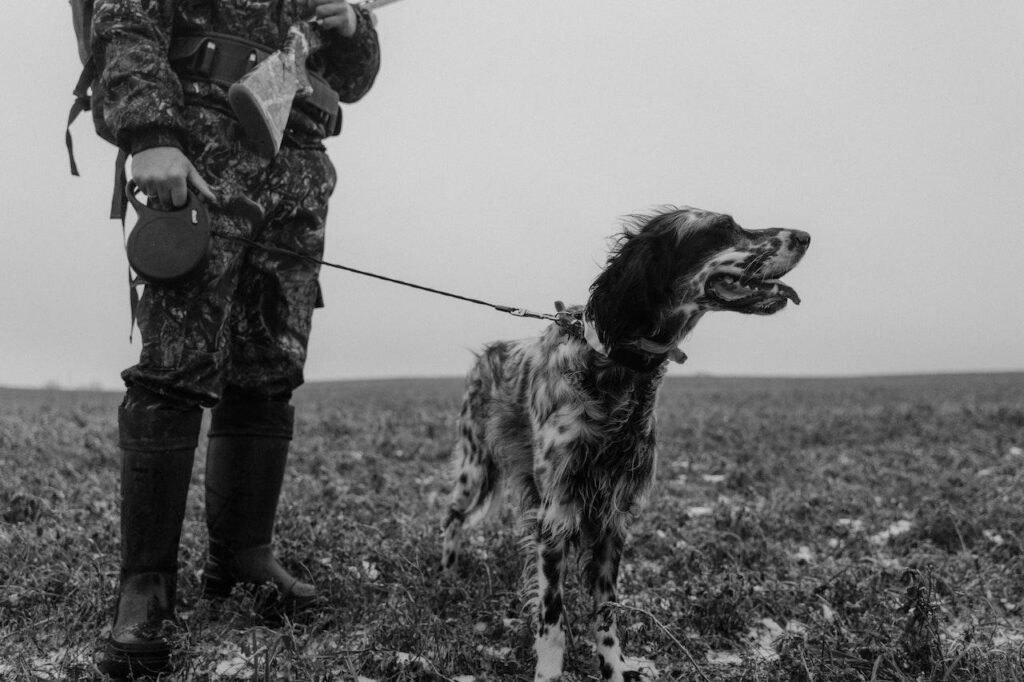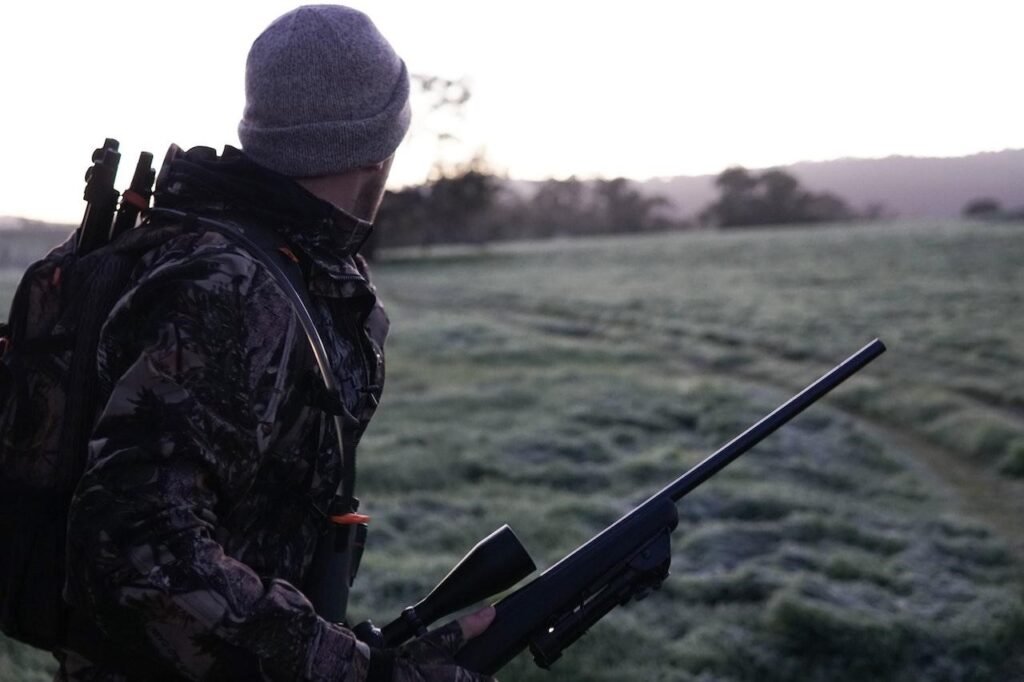Are you ready to start an exhilarating hunting adventure? Hunting can be an exciting and enriching experience, but it requires more than just showing up with a weapon to be successful. You need the right skills, knowledge, and equipment to make the most of your hunting trip.
In this article, we’ll provide tips and tricks to help you become a better hunter and increase your chances of having successful hunts. So grab your chair to learn how to become a pro hunter!
Understanding the Basics of Hunting
Hunting is pursuing and killing wild animals for food, sport, or other purposes. There are various types of hunting, including big game, small game, waterfowl, and upland game hunting. Each type of hunting requires different skills, techniques, and equipment.

(Source: Pexels)
It’s important to note that hunting rules and regulations differ from state to state and country to country. Before you go hunting, it’s essential to research and understand the local hunting laws and regulations to guarantee that you are hunting legally and ethically.
Essential Hunting Gear and Equipment
To have a successful hunt, you need the right gear and equipment. Some essential items include firearms and ammunition, archery equipment, hunting clothing and footwear, hunting blinds and stands, and other necessary gear like binoculars and rangefinders.
When choosing hunting gear, it’s essential to consider factors like the environment, terrain, and weather conditions. You also need to check that your equipment is appropriate for the hunting you plan to do.
Additionally, if you’re a passionate hunter who wants to take your hunting game to the next level, a high-quality tree stand can be a game-changer. Here is a review and buying guide for the best tree stands of 2023 from DeerHuntingGuide that will help you choose the perfect one for your needs.
Hunting Tips and Tricks
Scouting is an essential aspect of hunting. Before you go hunting, it’s important to scout the area to identify the best spots for hunting. You can use tools like topographical maps, trail cameras, and GPS devices to help you scout effectively.

Tracking and stalking are also critical skills for successful hunting. You need to be able to read signs like tracks, scat, and rubs to track animals. Stalking involves moving silently and stealthily toward your target.
Using calls and decoys can also be an effective hunting strategy. Calls like grunt calls, bleat calls, and predator calls can help you attract animals. Baits like deer decoys and turkey decoys can also be used to lure animals.
Other factors like weather and terrain can also impact your hunting success. For example, animals may be more active during certain times of the day or in specific weather conditions. You must also consider the terrain when choosing your hunting spot and planning your approach.
Safety Precautions for Hunting
Hunting can be dangerous, so it’s essential to take safety precautions. One of the most critical aspects of hunting safety is firearm safety. You need to handle firearms safely and know how to use them properly.
Hunting with a partner or group is also a good idea, especially if you are a beginner. Hunting with others can help you stay safe and make the hunting experience more enjoyable.

Finally, it’s essential to be prepared for emergencies. Ensure you have a first aid kit and know how to handle common hunting injuries like cuts, sprains, and broken bones.
Ethical Hunting Practices

Ethical hunting involves respect for the environment and wildlife and following hunting regulations. This means that you should only hunt within the limits of the law and with respect for the animals you are hunting. You should also practice proper field dressing and meat handling to ensure that the meat is not wasted and is handled safely and hygienically.
Another aspect of ethical hunting is respecting the environment. You should always pack out what you pack in and ensure you don’t leave any trash or litter behind. It’s also important to avoid hunting in ecologically sensitive areas or designated as no-hunting zones.
Conclusion
Hunting can be a rewarding and exciting experience, but it requires knowledge, skill, and preparation. By understanding the basics of hunting, having the right gear and equipment, and following safety and ethical practices, you can increase your chances of having successful hunts. Always respect the environment and wildlife, and continue learning and improving your hunting skills.
Additionally, if you are a beginner in the hunting game. Don’t let the idea of rifle hunting intimidate you – with the right knowledge and equipment, anyone can become a successful hunter. Check out our Beginner’s Guide to Rifle Hunting Essentials to get started on your own hunting journey.
FAQs with additional information
Do I need a license to hunt?
Yes, you need a license to hunt legally. The state wildlife agency issues licenses and the requirements vary depending on the state you plan to hunt in. You should check with your local wildlife agency to find out what the requirements are in your area.
What is the best time of day to hunt?
This depends on the type of animal you are hunting. Some animals are more active during the early morning or late afternoon, while others are more active at night. You should research the behavior patterns of the animal you plan to hunt to determine the best time to go out.
What should I wear when hunting?
You should wear appropriate clothing for the weather conditions, and the type of hunting you plan to do. Camouflage clothing is often recommended, but ensure you follow any regulations in your area. You should also wear appropriate footwear and consider wearing layers to stay warm and comfortable.
How can I improve my accuracy when shooting?
Practice is key to improving your accuracy when shooting. You should also make sure you are using the right equipment and that it is properly maintained. Take the time to familiarize yourself with your weapon and practice shooting at different distances to improve your skills.
What should I do if I get lost while hunting?
Suppose you get lost while hunting; stay calm and stay in one place. Use a whistle or other signaling device to make noise and attract attention. You should also carry a map, compass, or GPS device to help you navigate. If you cannot find your way back, call for help or activate your emergency beacon if you have one.



